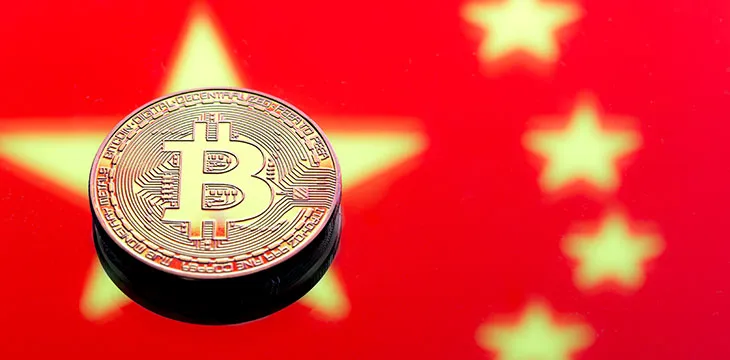|
Getting your Trinity Audio player ready...
|
First, there was the initial coin offering (ICO), which has run into more problems than anyone could have imagined. Then, an alternative was created that would reportedly be safer and more legitimate than the ICO, the security token offering (STO). Already, STOs are falling out of favor and China has wasted no time to let everyone know that STOs won’t be allowed.
Speaking during a recent wealth management forum hosted by the Municipal Bureau of Finance (MBF), the bureau’s chief, Huo Xuewen, stated that STO fundraisers are illegal. He warned, “I will issue a risk warning to those who promote and issue STO tokens in Beijing. My advice is to only engage in such offerings when the government has legalized them.”
In an STO, crypto tokens are offered for sale in order to raise capital. This is similar to the ICO model, but what makes the STO different is that it allows the token purchaser to earn a piece of the profits of the company.
China was one of the first countries to implement a complete ban on ICOs. The country’s central bank, the People’s Bank of China (PBOC), issued its ban in September of last year, which caused a number of exchanges to halt their operations. As has been shown, 86% of the ICOs launched last year are now trading below their initial value. If it weren’t for controls in place to deal with ICOs, the amount of money misplaced would be astronomical.
China is also looking to rid the crypto ecosystem of airdrops, free distributions of digital tokens. The country asserted that airdrops were nothing more than an action meant to circumvent ICO restrictions. Regulators have also moved to hold accountable those ICO projects that have moved out of the country, but which still target Chinese investors. The VP of the PBOC, Pan Gongsheng, said at the time, “Any new financial product or phenomenon that is not authorized under the existing legal framework, we will crush them as soon as they dare to surface.”
These actions may be seen by some as nothing more than an attempt on the part of the government to control the crypto ecosystem. They’re correct – to a point. The idea isn’t necessarily to control the entire spectrum but, rather, to allow it to grow in accordance with financial regulations and guidelines. The only way to get rid of the “Wild West” mentality that is keeping cryptocurrencies from reaching greater adoption is through controls. Since some – too many – scammers and even crypto developers have already proven that they don’t have to follow ethical or moral guidelines, the only way to bring them under control is through regulations.

 07-12-2025
07-12-2025 





